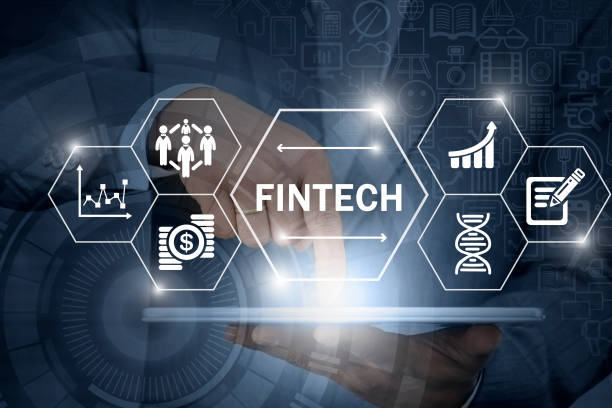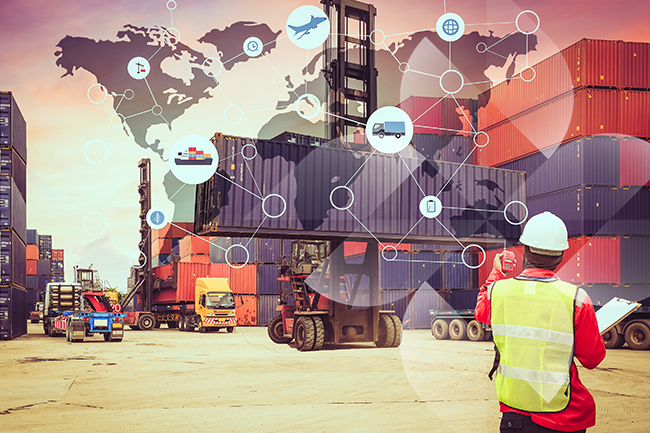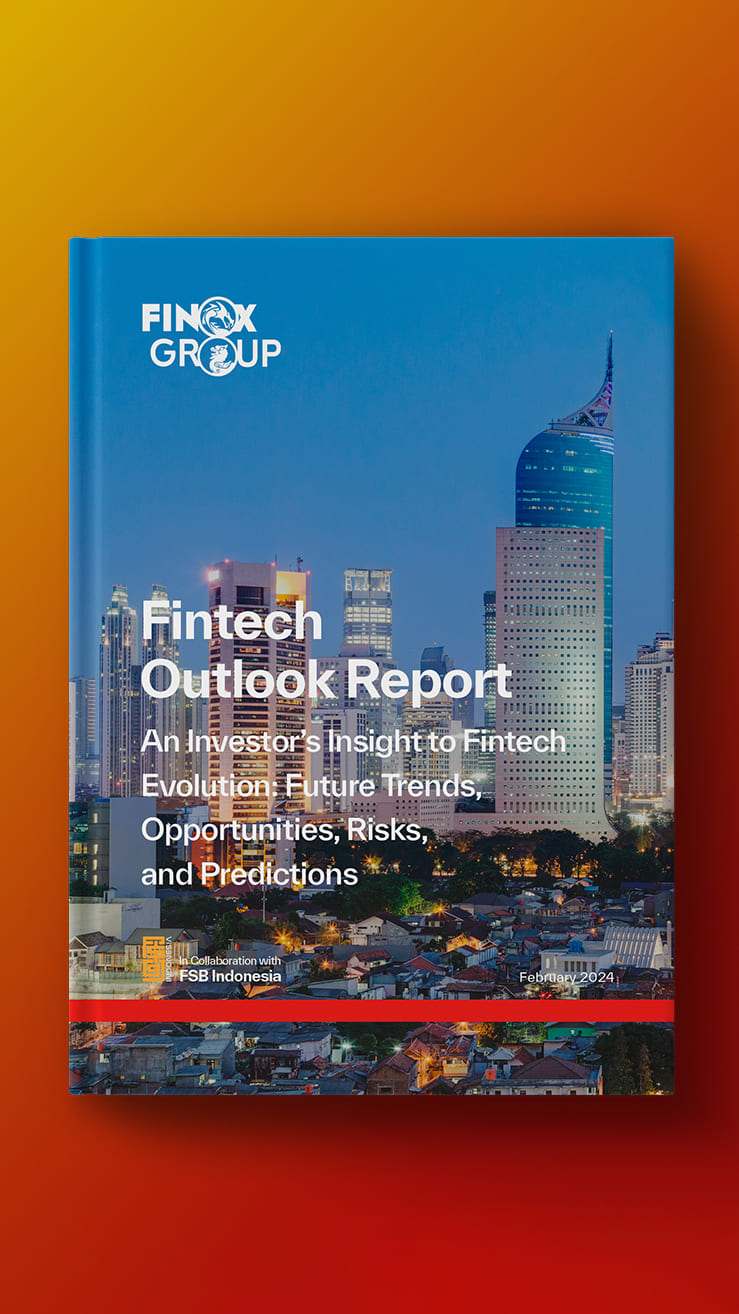
What is the Metaverse?
The metaverse is the future extension of the internet. With this evolutionary step, the internet will transform into an online and virtual world with multiple virtual destinations. The concept of metaverse allows users from around the globe to socialize, greet, and even play games in virtual spaces. However, the conversation about the metaverse is relatively new. While this is true, certain countries show interest in the concept, and their cities intend to transform into global metaverse hubs.
The metaverse does not exist in its full glory in the present. However, some platforms provide metaverse-related elements. Video games offer a very close experience of the concept of the metaverse. Game developers made revolutionary changes to their games by including in-game events and virtual economies.
Though not essential, cryptocurrencies can supplement the metaverse. They promote a digital economy that utilizes different tokens and digital collectibles. Blockchain and metaverse-related applications are available, and they generate income for their consumers. According to Binance Academy, Axie Infinity delivers an earn-by-play system that allows players to create an income while playing the game. The synergy between blockchain and virtual reality applications can also be seen in apps, including Decentraland and SecondLive.
Adoption of the Metaverse
The Fintech Times states the metaverse will include a quarter of the people socializing, buying, engaging in studies, and earning through the metaverse for a minimum of an hour a day by 2026. Furthermore, about 30% of the world’s companies will house metaverse services and products by 2026. Considering the future predictions, economic development based on the digital economy should greatly benefit any administration willing to become a global metaverse hub.
Adoption of the metaverse will mainly benefit the growth in job availability. Similarly, physical/virtual jobs, Foreign Direct Investment, acceleration of startups, and improvement of international trade can further increase economic growth. Furthermore, the acceleration of FinTech and its subsidies, like gametech and digital currencies, will supplement the metaverse and continuously grow through it.
Cities Looking to Accept the Concept
Although the metaverse implementation remains in the infant stages, cities worldwide show interest in the concept. Certain cities even look forward to becoming metaverse hubs. The interested cities are as follows;
-
Shanghai
The largest Chinese city by population, Shanghai, released a policy paper on the 8th of July stating its aim to transform itself into the global commander of metaverse technology. Shanghai also claims the position of China’s most prominent commercial and financial hub.
-
Dubai
Established just last month in July, the Dubai Metaverse Strategy plans to transform Dubai into one of the globe’s top 10 economies of the metaverse and also a metaverse hub. Dubai intends to extend its metaverse hub to a global scale. Moreover, this strategy will supplement Dubai’s aim to host 1,000 organizations in metaverse and blockchain.
-
Guangzhou
The Southern city of Guangzhou holds pride in transforming into a major global city in a short period. As another city in China, Guangzhou also intends to become a major metaverse hub. The Nansha district of Guangzhou launched a metaverse industry zone and implemented nine strategies to supplement local metaverse growth.
China, Dubai, and Guangzhou will hopefully become the pioneering hubs of the futuristic metaverse. Time will help us explore how these cities create jobs and boost economies through the metaverse.













